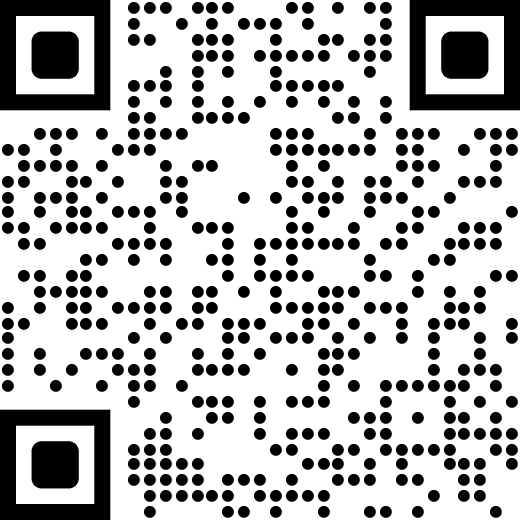Joshua 11:1-23
Joshua 11:1-23 AMP
Then when Jabin king of Hazor heard [of Israel’s other victories] he sent word to Jobab king of Madon, and to the king of Shimron, and to the king of Achshaph, and to the kings who were in the north, in the hill country, and in the Arabah [the plain] south of Chinnereth (the Sea of Galilee) and in the lowland and on the hills of Dor on the west; to the Canaanite in the east and in the west, and to the Amorite, the Hittite, the Perizzite, and the Jebusite in the hill country, and the Hivite at the foot of [Mount] Hermon in the land of Mizpeh. They went out, they and all their armies with them, as many people as the sand on the seashore, with very many horses and chariots. So all these kings met and they came and encamped together at the waters of Merom, to fight against Israel. Then the LORD said to Joshua, “Do not be afraid because of them, for tomorrow by this time I am going to hand over all of them slain [by the sword] to Israel; you shall hamstring (disable) their horses and set fire to their chariots.” So Joshua and all the people of war with him came against them suddenly by the waters of Merom, and attacked them. The LORD handed them over to Israel, who struck them and pursued them as far as Great Sidon and Misrephoth-maim and eastward as far as the Valley of Mizpeh; they struck them down until no survivor was left. Joshua did to them as the LORD had told him; he hamstrung (disabled) their horses and set fire to their chariots. At that time Joshua turned back and captured Hazor and struck its king dead with the sword; for Hazor previously was the head of all these kingdoms. They struck all the people who were in it with the edge of the sword, utterly destroying them; there was no one left who breathed. And he set fire to Hazor. Joshua captured all the cities of these kings, and all their kings, and he struck them with the edge of the sword, utterly destroying them, just as Moses the servant of the LORD had commanded. [Deut 20:16] But Israel did not burn any of the cities that stood [walled and fortified] on their mounds, except Hazor alone, which Joshua burned. The sons of Israel took as their plunder all the spoil of these cities and the cattle; but they struck every man with the edge of the sword, until they had destroyed them. They left no one alive. Just as the LORD had commanded Moses His servant, so Moses had commanded Joshua, and so Joshua did; he left nothing undone of all that the LORD had commanded Moses. So Joshua took all this land: the hill country, all the Negev (South country), all the land of Goshen, the lowland, the Arabah [plain], the hill country of Israel and its lowland from Mount Halak, that rises toward Seir [in the south], even as far as Baal-gad in the Valley of Lebanon at the foot of Mount Hermon [in the north]. He captured all their kings and struck them and put them to death. Joshua waged war with all these kings a long time [at least five years]. There was no city that made peace with the Israelites except the Hivites living in Gibeon; they took all the others in battle. For it was [the purpose] of the LORD to harden their hearts, to meet Israel in battle so that Israel would utterly destroy them, that they would receive no mercy, but that Israel would destroy them, just as the LORD had commanded Moses. Then Joshua came at that time and cut off the Anakim from the hill country, from Hebron, from Debir, from Anab and from all the hill country of Judah and all the hill country of Israel. Joshua utterly destroyed them with their cities. There were no Anakim left in the land of the children of Israel; only in Gaza, in Gath, and in Ashdod [of Philistia] some remained. So Joshua took the whole land [of Canaan], according to all that the LORD had spoken to Moses, and Joshua gave it as an inheritance to Israel according to their divisions by their tribes. So the land had rest from war.


